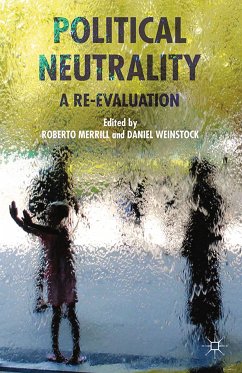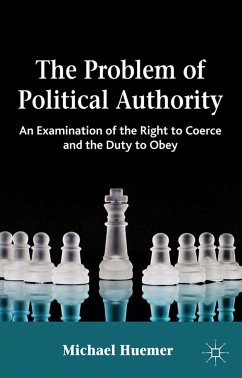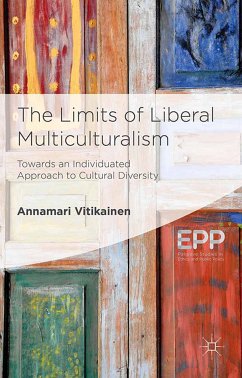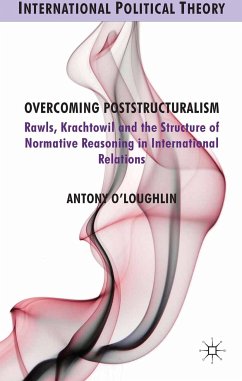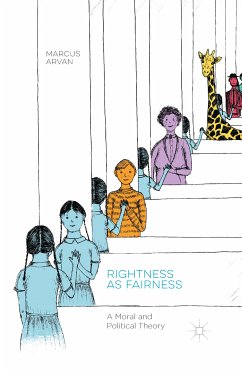
Rightness as Fairness (eBook, PDF)
A Moral and Political Theory
Versandkostenfrei!
Sofort per Download lieferbar
72,95 €
inkl. MwSt.
Weitere Ausgaben:

PAYBACK Punkte
36 °P sammeln!
Rightness as Fairness provides a uniquely fruitful method of 'principled fair negotiation' for resolving applied moral and political issues that requires merging principled debate with real-world negotiation.
Dieser Download kann aus rechtlichen Gründen nur mit Rechnungsadresse in A, B, BG, CY, CZ, D, DK, EW, E, FIN, F, GR, HR, H, IRL, I, LT, L, LR, M, NL, PL, P, R, S, SLO, SK ausgeliefert werden.



